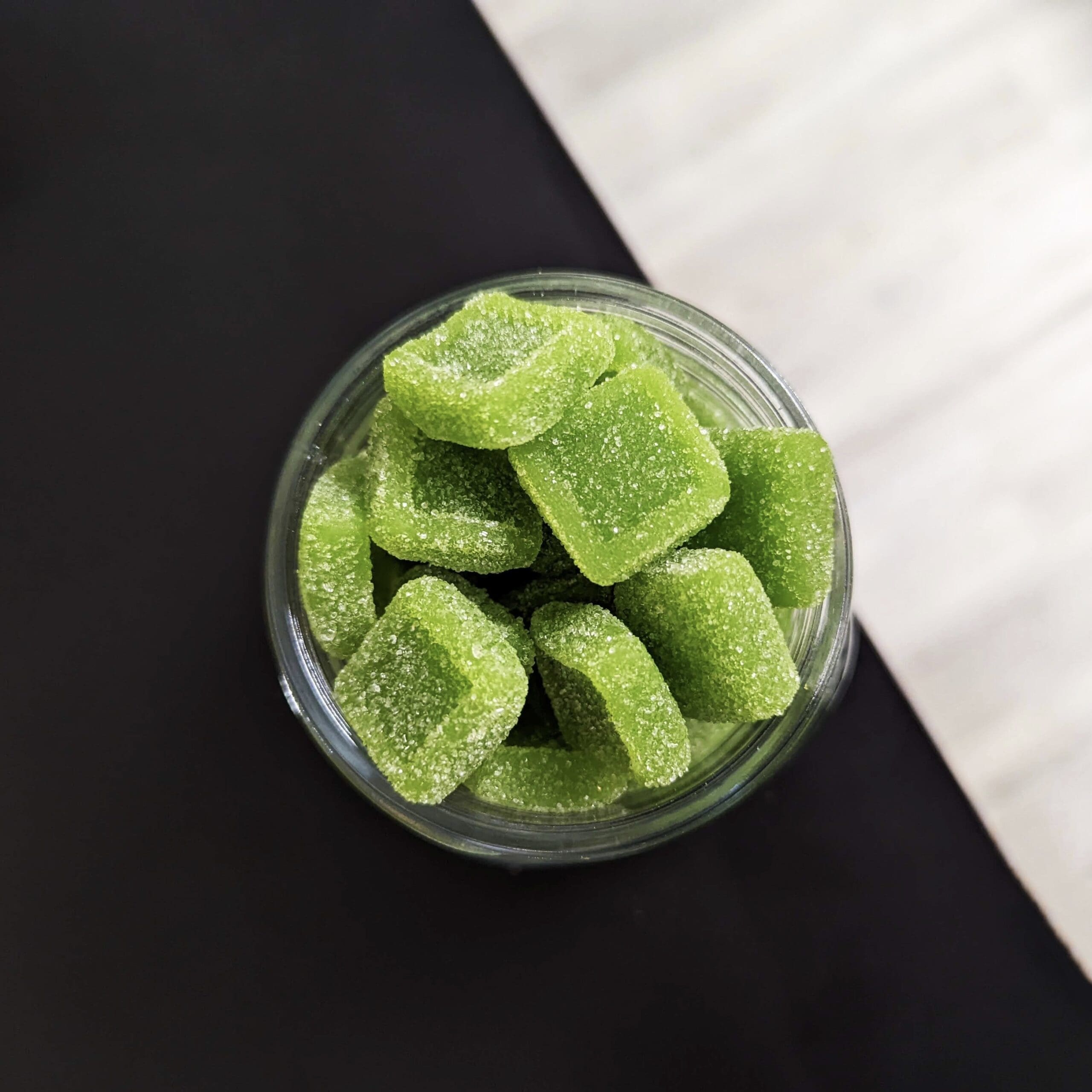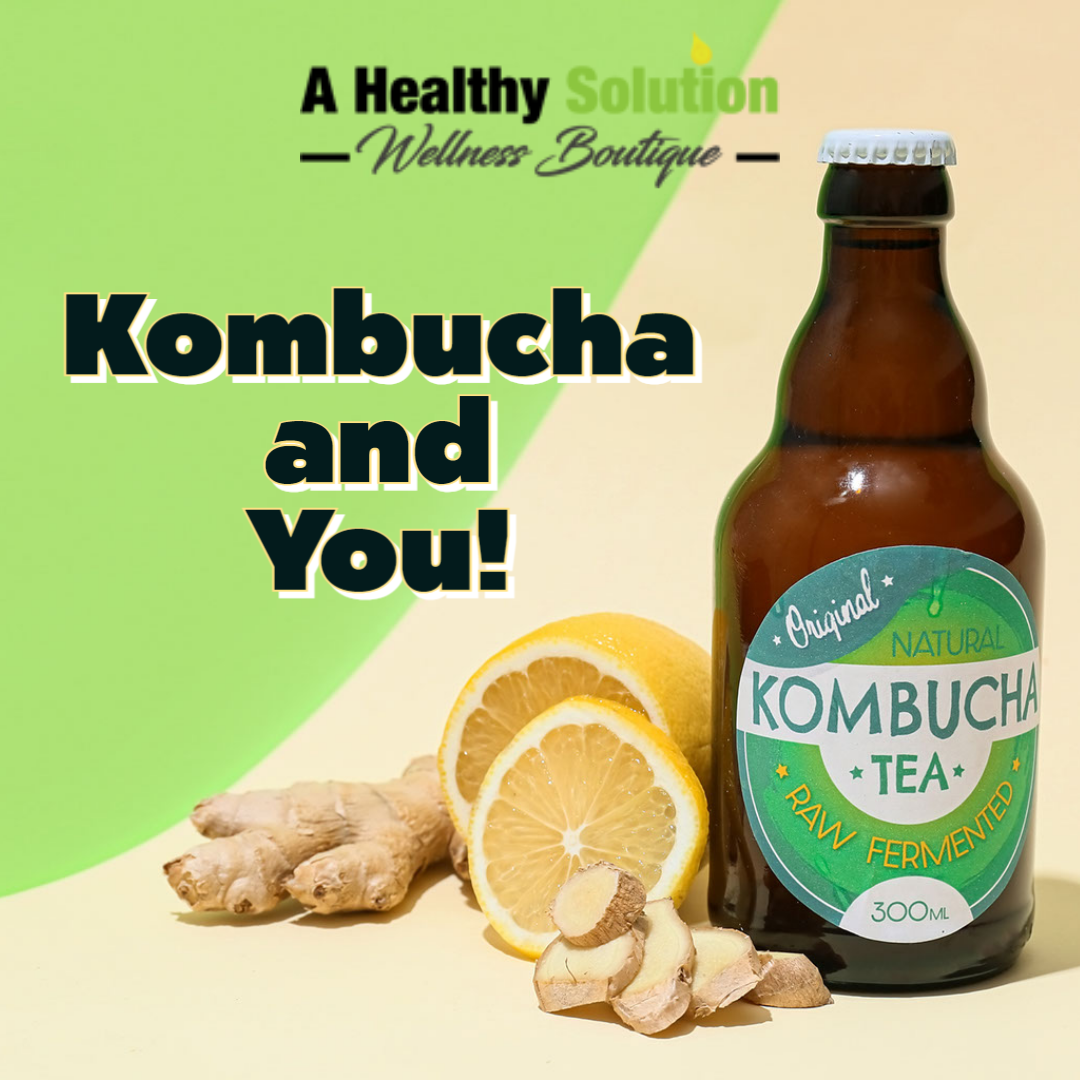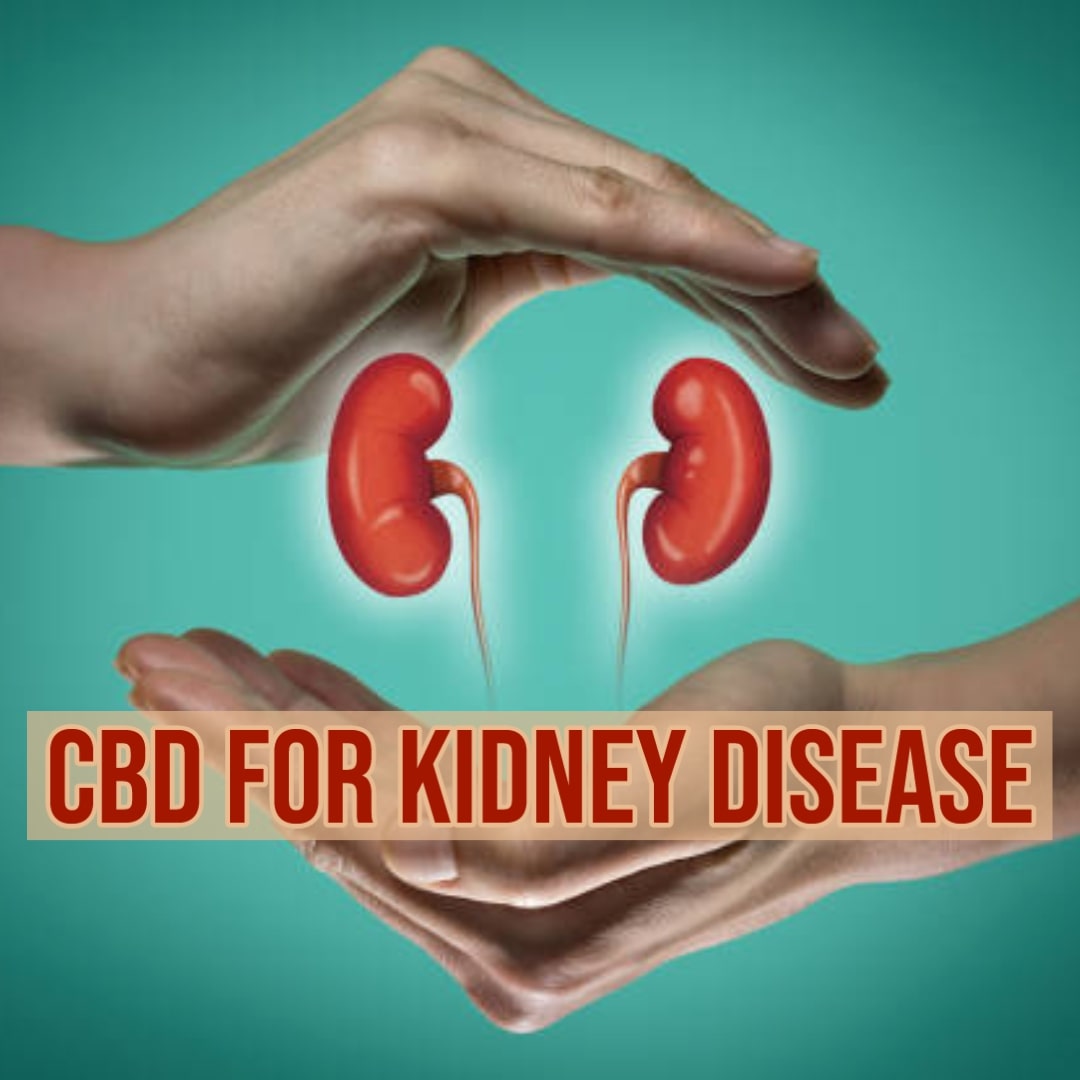Kratom, what is it?
As we get older and our bodies continue to change, we are more prone to experiencing pain, a lack of energy, or even feeling more apathetic. There are ways to treat it, medications, CBD, etc. But in today’s article, we will talk about another alternative treatment through Kratom. What it is exactly, and how it can help you.
What is Kratom?
Kratom is an herbal extract that comes from the leaves of the Mitragyna speciosa tree, grown in Southeast Asia. Kratom leaves have been known to be chewed, and dry kratom can be swallowed or brewed. When in a liquid form, it is often marketed as a treatment for muscle pain, or to suppress appetite and stop cramps and diarrhea. Usually, people drink kratom as tea or chew its leaves. Kratom can also be found in resins, extracts, tinctures, and even gummies. Kratom’s two main active compounds are mitragynine and 7-hydroxymitragynine, which bind to the body’s opioid receptors and create a morphine-like effect. Specifically, because kratom interacts with the brain’s opioid receptors, people use it to relieve pain or overcome opioid addiction. While now, most medical communities now try to withdraw from opioid use for pain, there are still so many patients who still rely on them. But for those who want to get off of them, those people that have been looking for alternatives, like kratom, to relieve their pain.
How does Kratom affect the body?
The early effects are known to be more stimulating in nature but quickly become more relaxed and sedating. As the kratom kicks in, pain symptoms also start to diminish. The effects are usually at their best around the 2-hours into use and can work for another 2 or 3 hours. It can make you feel very sociable and talkative without being overstimulated or energetic. Some patients use this product for sleep, on top of pain symptoms. It can help the body feel more relaxed and less anxious, allowing them to sleep a lot more easily. At low doses, kratom acts as a stimulant, making users feel more energetic. At higher doses, it decreases pain and may bring on a euphoria. At very high doses, it acts as a sedative, causing users to be more quiet and perhaps sleepy. Researchers have concluded that kratom could be used as an opioid substitute for those addicted to opioids. Though, the worst side effects of the study were temporary blood pressure and pulse rate increases and tongue numbness; researchers speculate there were no serious adverse effects because they dosed less than 30 milligrams in trial runs.
What are some of the side effects?
Some of the side effects can include: Sedation, Nausea, Sweating, Dry mouth, Increased urination, Loss of appetite, Itching, Constipation, Dizziness, Confusion, and can become addictive after many uses. We recommend taking small doses while using them to ensure that the side effects become much less likely to happen. So, what can be some additional side effects to watch out for? With kratom specifically, the is a phenomenon called the “kratom wobble.” This can include a combination of dizziness, a loss of coordination, blurred vision, and nausea/vomiting. These side effects are unpleasant, but act as a significant safety mechanism when using kratom. The effects of the kratom wobble prevent people from ever reaching lethal doses. Once these effects start to appear, it’s very unlikely for you to want to take any more. The kratom wobble is, by far, the most common side effect of taking too much kratom.
What is the controversy of Kratom?
There is a controversy with kratom as a product, being that they can potentially be addictive. While it activates the opioid receptors, it isn’t as dangerous or addictive as its pharmaceutical counterparts (making it a more desirable option for patients). It’s not as easy to overdose on kratom, but is still possible, and different from other prescription drugs. There have been a few reported deaths from using kratom, but luckily, this is extremely rare and nearly always involves mixing other drugs or alcohol. It’s not safe to mix kratom with alcohol or other illicit or prescription drugs, especially other opiates.
To avoid addictiveness, we highly recommend speaking with a specialist or only using this product in smaller doses/short term use.
We recommend talking to a health care professional or a specialist before trying any new treatment plans, to make sure you have a safe experience.
We also recommend this website to go into additional details on kratom (the different types, what to do if you notice addiction, and more!)





Leave A Comment
You must be logged in to post a comment.